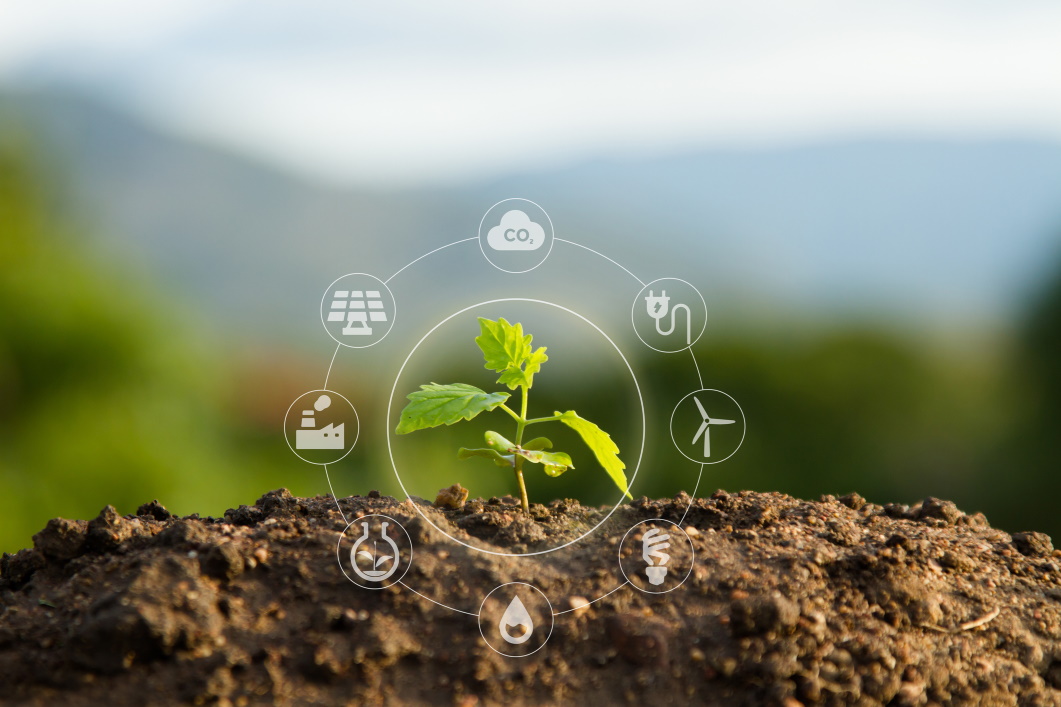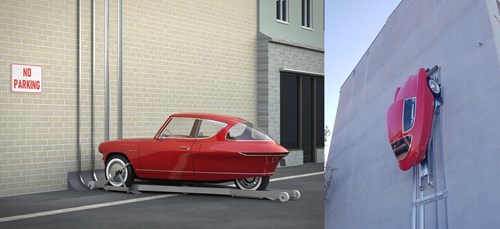
There has been a recent surge in demand for green solutions, whether in parking or otherwise. As we become more conscious about the state of the planet, we look to existing problems and see how they can be transformed for the better.
Electric Vehicles
Demand for Electric Vehicles (EV) has increased year on year and some countries are paving the way towards an electric world. With 1,227,770 cars, China has the highest electric car stock in the IEA countries. Canada comes 13th with 23,620 electric cars. There's one electric car to every 1,554 Canadians, while there's one to every 30 Norwegians.
Some countries are using innovative incentives to encourage their citizens to opt for electric.
Check out this video from the World Economic Forum to see which countries are rewarding their citizens for using EVs:
Concept EV With Its Own Parking Space
Estonian car manufacturer Nobe has developed a concept EV that can be parked vertically in its own private parking spot! With a retro look, only three wheels, a range of 210 kilometers and a top speed of 110 km it’s all yours for €25,715 if you’re one of the first 10 to support Nobe’s crowdfunding campaign.

It has been proven that drivers looking for parking has a significant impact on the environment. If Nobe's concept vehicle becomes a reality in the future, we may see more vertical parking solutions which may help alleviate symptoms of a negative parking experience.
Read more about the Nobe offering.
India’s Innovative Solution for Plastic Waste
India are looking to solve the ever-increasing plastic problem by recycling plastic waste. An ingenious solution that has been developed is to turn plastic waste into new roads. Fisherman in India’s southern state of Kerala are taking on the battle to cut the level of plastic waste by dredging the ocean. As well as fish, the nets bring up huge amounts of plastic and, with an estimated 11kg of plastic used per person, this yields enough for new roads to be constructed.
Not only do the new roads cost 8% less than traditional materials, every kilometre of plastic road uses the equivalent of a million plastic bags, saving around one tonne of asphalt. With a higher melting point than traditional materials, plastic seems to be the obvious choice. The work involved also creates more jobs so it’s a win for the Indian economy. Check out the World Economic Forum’s video to see the scheme in action.





